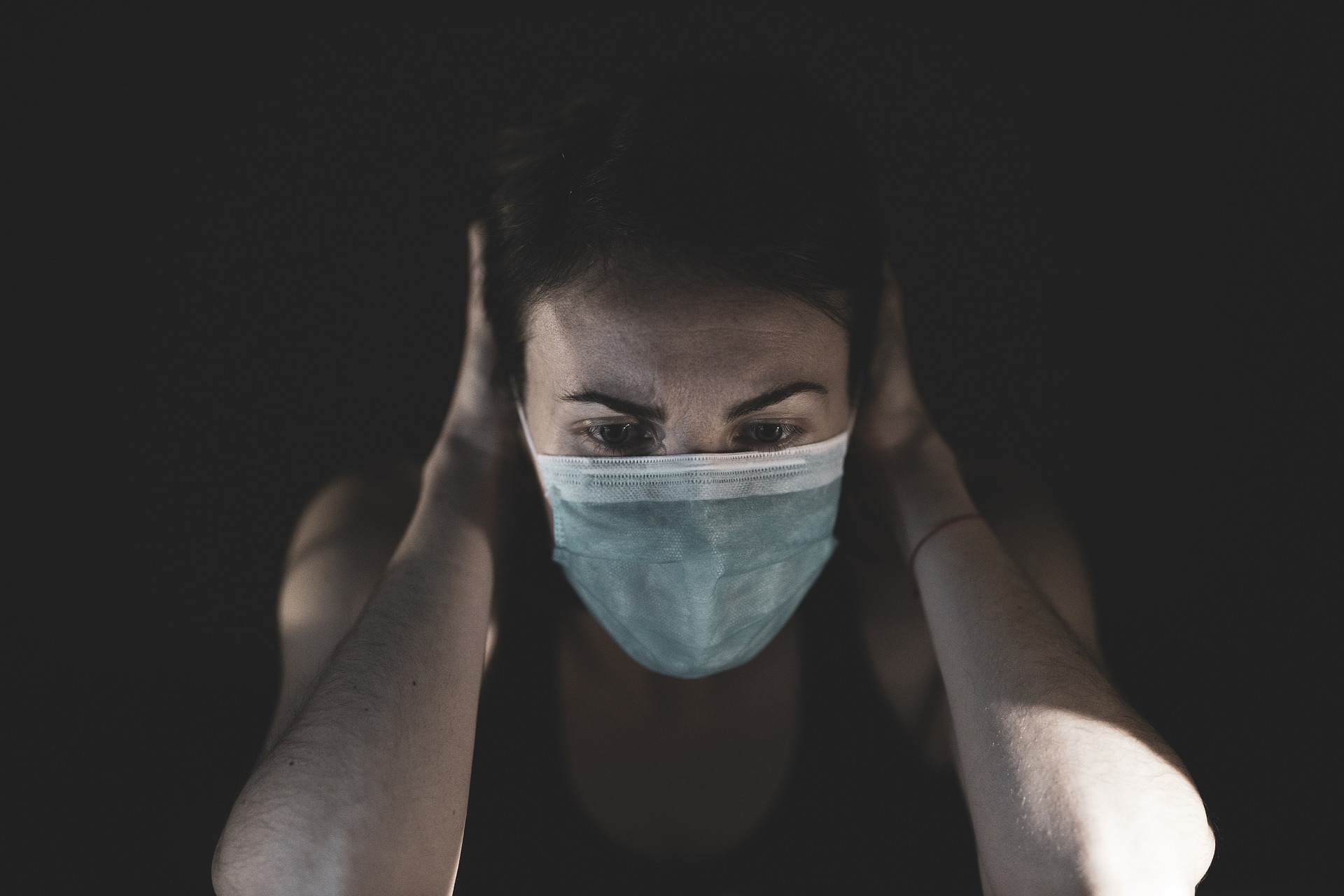According to the World Health Organization (WHO), depression is a leading cause of disability worldwide, and more than 264 million people all around the world suffer from depression (WHO, 2020). It has been shown that depression can lead to problems at work, at school, and in the family among affected persons, and at its worst, depression can even lead to suicide (WHO, 2020).
Struggling with depression has become even more difficult nowadays when a high proportion of the world population is under some kind of quarantine due to coronavirus pandemic. Since January 23, when the central government of China introduced a lockdown in the city of Wuhan and other cities in the Hubei province, more than 80 countries have introduced measures as quarantine, lockdown or curfews (Wikipedia, 2020).
A number of researchers whose aim was to investigate the psychological impacts of quarantine during various epidemics in the past 20 years (SARS, Ebola, H1N1, Middle East respiratory syndrome, equine influenza) showed that quarantine has various negative effects on mental health (i.e. Braunack-Mayer, Tooher, Collins, Street, & Marshall, 2013; Caleo et al., 2018; Cava, Fay, Beanlands, McCay, & Wignall, 2005; Hawryluck, Gold, Robinson, Pogorski, Galea, and Styra, 2004; Jeong, Yim, Song, Ki, Min, Cho, & Chae, 2016; Taylor, Agho, Stevens, & Raphael, 2008). Depression is one of them. One study reported that approximately one-third of the sample showed symptoms of depression or post-traumatic stress disorder (Hawryluck, Gold, Robinson, Pogorski, Galea, and Styra, 2004). The main stressors during the quarantine are the duration of quarantine (longer duration lead to poorer mental health), fear of infection, frustration and boredom, inadequate supplies, and inadequate information (Brooks et al., 2020). Results from the study conducted on the sample of people who have been quarantined during severe acute respiratory syndrome (SARS) showed that the quarantine can have long-lasting effects on mental health. People who have been quarantined during the outbreak have higher odds of having a high level of depression symptoms three years later (Liu, Kakade, Fuller, et al., 2004). Results also showed that being single, have been exposed to other traumatic events before quarantine, and perceived epidemic-related risk level during the outbreak can increase the odds of having a high level of depression symptoms three years later (Liu, Kakade, Fuller, et al., 2004).
Vulnerable groups such as women, the young, and the elderly need special attention. A nationwide survey of psychological distress among Chinese people in the COVID-19 epidemic (Qiu, Shen, Zhao, Wang, Xie, & Xu, 2020) showed that female respondents have significantly higher psychological distress due to the outbreak. The data from the WHO is in line with these results. Namely, the data shows that more women are affected by depression than men (WHO, 2020). The same study showed that individuals between 18 and 30 years old or above 60 years old have higher scores on the Peritraumatic Distress Index (CPDI) which explore the frequency of anxiety, depression, specific phobias, cognitive change, avoidance, and compulsive behaviour, physical symptoms, and loss of social functioning. In this context, it is worth to mention that adolescents are actually more depressed than children (Angold, 1988) and adults are (Garrison, Schluchter, Schoenbach, & Kaplan, 1989), and that stressful life events are a very important variable for depression in adolescence (Allgood-Merten, Lewinsohn, & Hops, 1990). As in the case of depression among the general population, gender was also shown to be an important variable for depression in adolescence. Girls in adolescence are more prone to depression than boys (Allgood-Merten et al., 1990; Avison, & McAlpine, 1992; Brage, & Meredith, 1994).
After stating these facts regarding depression and quarantine, the question of how to mitigate the negative psychological impact of the quarantine can be aroused?
The answer to this question can be found in the review by Brooks et al. (2020). These authors mention several measures which can play an important role in the mitigation of the consequences of the quarantine: Keep it as short as possible, give people as much information as possible, provide adequate supplies, reduce the boredom and improve the communication, Health-care workers deserve special attention, altruism is better than compulsion (feeling that others will benefit from one’s situation can make stressful situations easier to bear).
The studies regarding the effects of quarantine in the current pandemic are still low in numbers. On the other hand, experience from the previous similar situations tells us that we need to pay special attention to the vulnerable groups. Further, when setting up specifications for quarantine including its duration psychological impact of the quarantine needs to be taken into account. Because, as the previous data shows us, that quarantine can have not only short term but also long term negative effects on mental health especially on the psychologically vulnerable groups.












